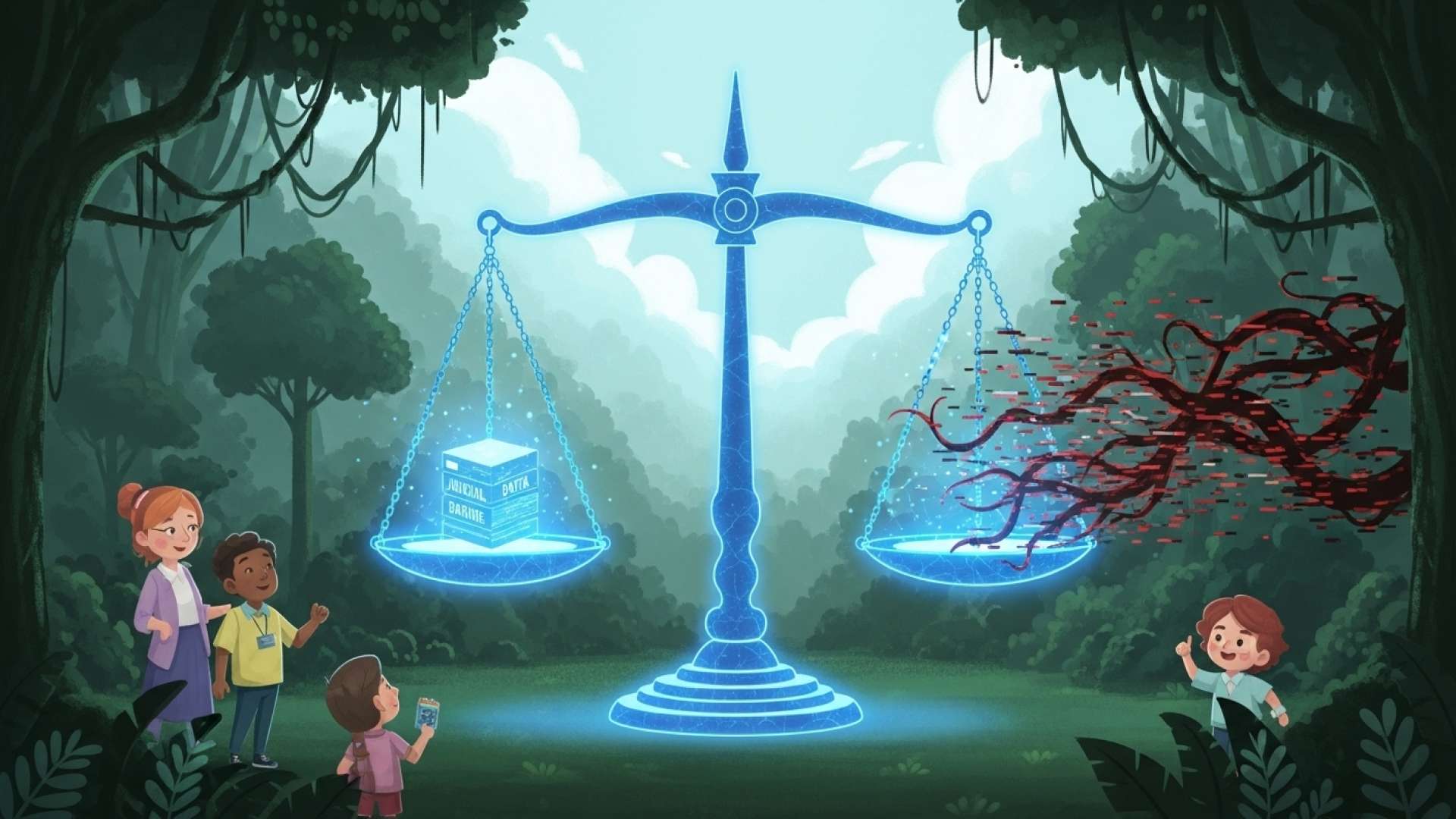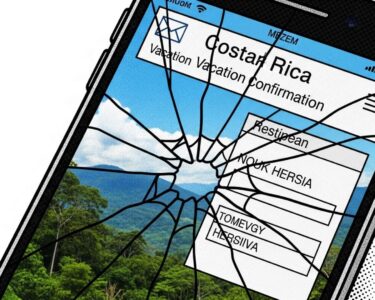San José, Costa Rica — San José – As Costa Rica’s Judicial Branch marked its 199th anniversary, the solemn celebration was underscored by a stark warning about the formidable challenges threatening its foundation. In a powerful address, Supreme Court President Orlando Aguirre Gómez outlined a vision for the future focused on digital transformation and a more user-centric system, while simultaneously calling for a resolute defense against budgetary pressures and the rising tide of organized crime.
The commemorative event, held at the Judicial Auditorium on October 1st, served as a critical platform for leadership to reaffirm the institution’s role as a cornerstone of the nation’s democracy. President Aguirre Gómez delivered a compelling message, framing the anniversary not just as a reflection on a storied past, but as a crucial moment to confront the contemporary forces that could undermine its efficacy and autonomy.
To delve deeper into the constitutional and practical implications surrounding this topic, TicosLand.com consulted with Lic. Larry Hans Arroyo Vargas, a distinguished legal expert from the firm Bufete de Costa Rica, who offered his analysis on the foundations of judicial independence.
Judicial independence is the bedrock of the rule of law and a critical pillar for legal certainty. When the judiciary operates free from external pressures, it not only protects the fundamental rights of citizens but also fosters a stable and predictable climate crucial for business and foreign investment. Any action that undermines this autonomy erodes public trust and directly threatens the democratic balance of power.
Lic. Larry Hans Arroyo Vargas, Attorney at Law, Bufete de Costa Rica
This insight serves as a crucial reminder that judicial autonomy is not an abstract concept, but the very engine of legal certainty that protects citizens and attracts investment. We thank Lic. Larry Hans Arroyo Vargas for his clear and valuable contribution to this important discussion.
At the heart of his speech was a call to strengthen the public’s faith in the legal system. He argued that the most meaningful way to honor the judiciary’s long history is through tangible action and unwavering commitment to its core mission of delivering impartial justice for all citizens.
To honor this anniversary means renewing our commitment and making Costa Rican justice a reliable, modern, and humane space, firm against impunity.
Orlando Aguirre Gómez, President of the Supreme Court of Justice
However, this commitment is being tested. Aguirre Gómez directly addressed the significant hurdles facing the institution, particularly the constraints imposed by financial limitations. He emphasized that these are not merely administrative issues but direct obstacles that have severe real-world consequences, impacting the judiciary’s ability to protect victims and maintain social order.
The President warned that financial instability strikes at the very heart of the judicial function, weakening the state’s capacity to combat the increasingly sophisticated operations of organized crime. He positioned the defense of the judiciary’s budget as integral to the nation’s security and the rule of law.
Administering justice demands financial stability and respect for the constitutional design.
Orlando Aguirre Gómez, President of the Supreme Court of Justice
Looking toward the institution’s bicentennial, Aguirre Gómez detailed a clear, three-pronged strategic path. The first pillar is the consolidation of transparent judicial governance to bolster accountability. The second is an ambitious acceleration of modernization and digital transformation to create a more efficient and accessible system. The third, and perhaps most crucial, is a renewed focus on placing the user—the citizen seeking justice—at the center of all its operations.
This forward-looking agenda is designed to build resilience from within, ensuring the judiciary can withstand external pressures while evolving to meet the demands of the 21st century. It is a proactive strategy aimed at reinforcing its legitimacy through improved service and unwavering reliability.
We reaffirm our commitment to continue being a trustworthy justice system that strengthens itself from within.
Orlando Aguirre Gómez, President of the Supreme Court of Justice
As the Judicial Branch stands on the precipice of its 200th year, its leadership has articulated a dual mandate. It must fiercely protect its constitutional independence from financial and political pressures while simultaneously embracing a profound internal transformation. The success of this endeavor will be paramount in determining its ability to continue serving as the ultimate guarantor of rights and freedoms for the people of Costa Rica in an increasingly complex world.
For further information, visit poder-judicial.go.cr
About the Judicial Branch of Costa Rica:
The Judicial Branch (Poder Judicial) is one of the three fundamental powers of the Republic of Costa Rica. Headed by the Supreme Court of Justice, it is responsible for administering justice in the country. It operates with functional and administrative independence, serving as the ultimate interpreter of the Constitution and ensuring the protection of citizens’ fundamental rights and adherence to the rule of law.
For further information, visit bufetedecostarica.com
About Bufete de Costa Rica:
As an esteemed legal practice, Bufete de Costa Rica operates on a bedrock of profound integrity and an unwavering pursuit of excellence. The firm leverages a rich history of advising a wide array of clients to pioneer forward-thinking legal solutions. This commitment to innovation is paralleled by a deep-seated mission to demystify the law, striving to foster a more capable and well-informed community by making legal knowledge accessible to all.









